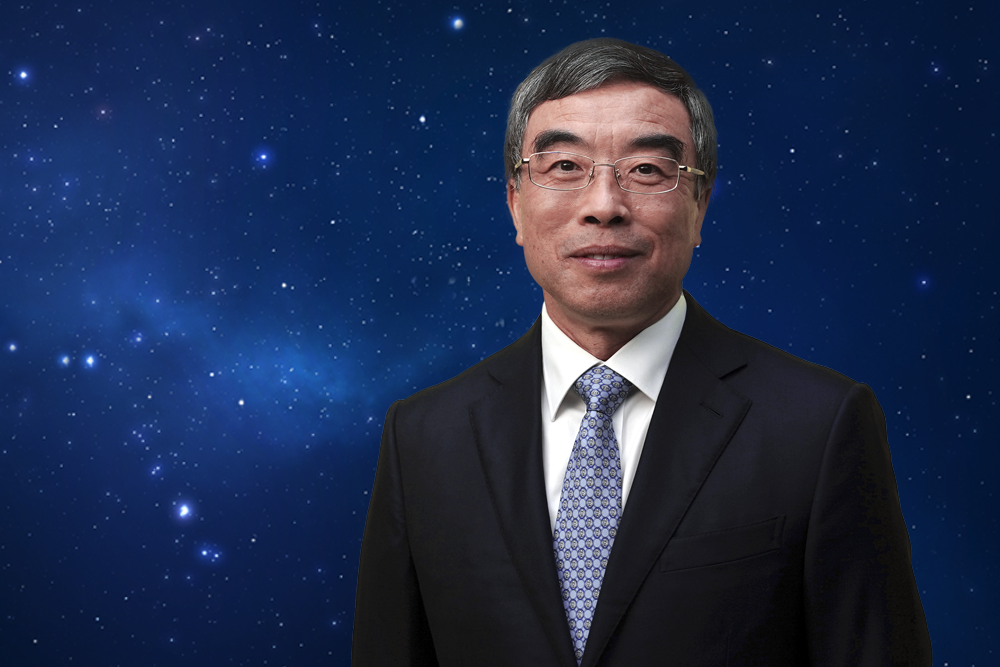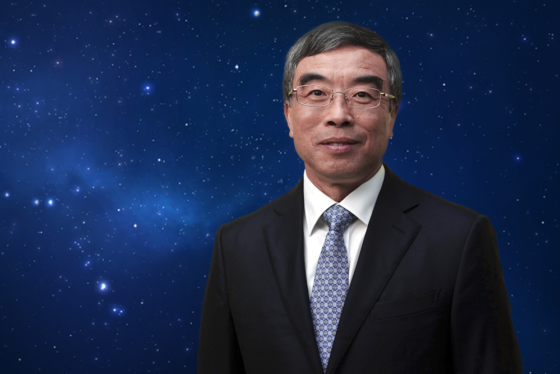Partner content
Open innovation and collaboration powers the digital era


Huawei’s chairman Liang Hua has told attendees at Europe’s most important digital conference that new technology can drive a fairer future for everyone.
In his keynote speech at Web Summit, Liang Hua said he was looking forward to a ‘new era of intelligence’ based on innovation and collaboration.
‘Digital innovation is taking us to a new era of intelligence. A smarter, better, and greener life is on the horizon,’ he said. ‘Many disruptive technologies will be the driving force. Connectivity and computing are central to this transformation.’
How our lives will change
With the digital economy set to exceed 30% of the global GDP by 2025, Liang says, this technological and economic growth will soon translate into social benefits that enrich everyone’s lives.
For example, digital innovations in healthcare are improving research in healthcare and speeding up vaccine developments. On a personal level, wearable tech is transforming into a ‘mobile hospital’, bringing health and fitness services directly to the individual.
New technology also helps us combat climate change, reducing our carbon footprint through lower energy consumption, less urban expansion, and more efficient urban management – among other things.
The day-to-day lives of the global population will also change. By 2025, more than half of the world will have 5G access. In addition, we will see technologies like cloud computing, AI, VR/AR, and 4K/8K ultra-HD video expand, resulting in new interactive experiences such as high-definition live broadcasting and glasses-free 3D.
‘Together, we will further drive our industry and the digital economy forward and – at the same time – enable immersive experiences for consumers, improve governance digitize industries more rapidly,’ Liang told delegates.
What businesses need to know
It’s not just tech giants who are getting involved in the digital economy. It also presents opportunities for smaller and medium enterprises, as it allows SMEs to communicate and do business in new, seamless ways, better serve customers in remote areas, and make informed business decisions.
New technologies including photonic-, quantum- and biological computing will allow SMEs to scale up their tech power sustainably, processing massive amounts of data while greatly reducing energy consumption.
‘Europe has a strong industrial base and ability to innovate. The convergence of 5G, cloud, and AI will further help manufacturing go digital, improve productivity, and create new value,Liang said.
Working together for the digital economy
Liang went on to say that harnessing technology correctly is essential for Europe’s long-term transition to a fairer, more prosperous society.
‘Despite such exciting potential, the digital economy also presents some challenges,’ he warned. ‘The more we use a technology, the more we need standardisation and governance. We need better privacy, protection, and transparent and actionable trust mechanisms. And we can only create real business value through data by building a global governance system that is open, collaborative, secure and trustworthy. This is how we will drive healthy industry development.’
And he called on the participants of Web Summit to create an industry ecosystem built on open collaboration: ‘We are at a critical tipping point. ICT and other technologies are merging to drive industry digitalisation. This is a key moment to grow the digital economy.
‘Companies must work with partners and customers from different industries to drive innovation and create more opportunities. Only a fully connected world will be able to manage the digitalisation wave, balance economic growth with environmental protection and address the other challenges we face.’
Huawei has been in Europe for 20 years, currently employing more than 10,000 people. The company has invested more than $1bn in R&D and is committed to collaboration and talent development to reduce the cost of digital transformation. ‘We will keep working with our local partners to help Europe continue to succeed in digitalisation and sustainability,’ concluded Liang concluded.
Thank you for donating to DutchNews.nl.
We could not provide the Dutch News service, and keep it free of charge, without the generous support of our readers. Your donations allow us to report on issues you tell us matter, and provide you with a summary of the most important Dutch news each day.
Make a donation